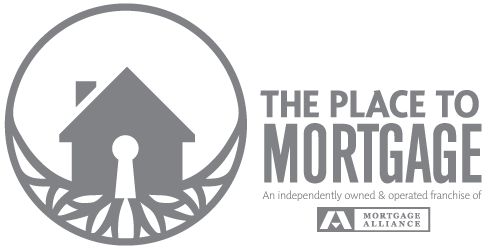If you’re considering buying a second home in Canada, you’re not alone. According to the Canadian Real Estate Association, sales of recreational properties increased by almost 20% in 2020, as more Canadians sought refuge from the pandemic in cottages, cabins, and other vacation homes. But before you dive into the world of second home ownership, it’s important to understand the ins and outs of second home mortgages in Canada.
What is a Second Home Mortgage?
A second home mortgage is a type of mortgage that allows you to purchase a second property, such as a vacation home. Unlike a primary residence mortgage, which is used to purchase your main home, a second home mortgage is used to finance a secondary property. Second home mortgages are becoming increasingly popular in Canada, as more Canadians seek to diversify their real estate portfolios.
Eligibility Criteria for Second Home Mortgages
To be eligible for a second home mortgage in Canada, you’ll need to meet certain criteria. These may include:
- A good credit score: Lenders will want to see that you have a good credit history and are able to manage debt responsibly.
- A stable income: You’ll need to demonstrate that you have a stable source of income to repay the mortgage.
- A down payment: You’ll need to make a down payment of at least 5-20% of the purchase price, depending on the lender’s requirements.
- Proof of ownership: If you’re using the property as a vacation home, you’ll need to provide proof of ownership of your primary residence.
Documents Required for Second Home Mortgage Applications
When applying for a second home mortgage, you’ll need to provide certain documents to the lender. These may include:
- Proof of income: This may include pay stubs, tax returns, and other documents that demonstrate your income.
- Proof of assets: This may include bank statements, investment statements, and other documents that demonstrate your assets.
- Proof of identity: This may include a driver’s license, passport, or other government-issued ID.
- Property information: This may include information about the property you’re purchasing, such as its location, purchase price, and intended use.
Types of Second Home Mortgages in Canada
There are several types of second home mortgages available in Canada, each with its own interest rates, repayment terms, and other features. These may include:
- Fixed-rate mortgages: These mortgages offer a fixed interest rate for the term of the mortgage, which can be anywhere from 1-10 years.
- Variable-rate mortgages: These mortgages offer an interest rate that fluctuates with the prime rate, which can be more or less advantageous depending on market conditions.
- Home equity lines of credit (HELOCs): These are revolving lines of credit that allow you to borrow against the equity in your home, which can be used to finance a second property.
- Refinancing: This involves refinancing your existing mortgage and taking out additional funds to finance a second property.
Comparing Second Home Mortgages with Other Financing Options
While a second home mortgage may be the most common way to finance a second property, there are other options available, such as personal loans and lines of credit. However, these options may come with higher interest rates and shorter repayment terms than a second home mortgage. It’s important to compare the different options and choose the one that best suits your needs and budget.
Risks and Benefits of Investing in a Second Property
Investing in a second property can offer many benefits, such as rental income, potential capital gains, and a vacation home for personal use. However, it also comes with risks, such as vacancy rates, maintenance costs, and the potential for market fluctuations. It’s important to do your research and calculate the potential return on investment before making a purchase.
Tax Implications of Owning a Second Home
Owning a second home can have tax implications, such as capital gains taxes, property taxes, and rental income taxes. However, there are also tax deductions and credits available for second homeowners, such as mortgage interest deductions and property tax credits. It’s important to consult with a tax professional to understand your specific tax obligations and how to minimize tax liabilities.
Frequently Asked Questions about Second Home Mortgages in Canada
- Can I refinance my second home mortgage? Yes, you can refinance your second home mortgage to take advantage of lower interest rates or to change the repayment terms.
- Are there prepayment penalties for second home mortgages? This will depend on the lender and the specific mortgage product. Some lenders may charge prepayment penalties if you pay off your mortgage early.
- Can I use a second home mortgage to purchase a rental property? Yes, you can use a second home mortgage to purchase a rental property, as long as you meet the eligibility criteria and provide proof of rental income.
A second home mortgage can offer many benefits for Canadian homeowners, but it’s important to understand the eligibility criteria, application process, and tax implications before making a purchase. By doing your research, comparing different options, and working with a mortgage broker, you can finance your dream vacation home or rental property with confidence.
